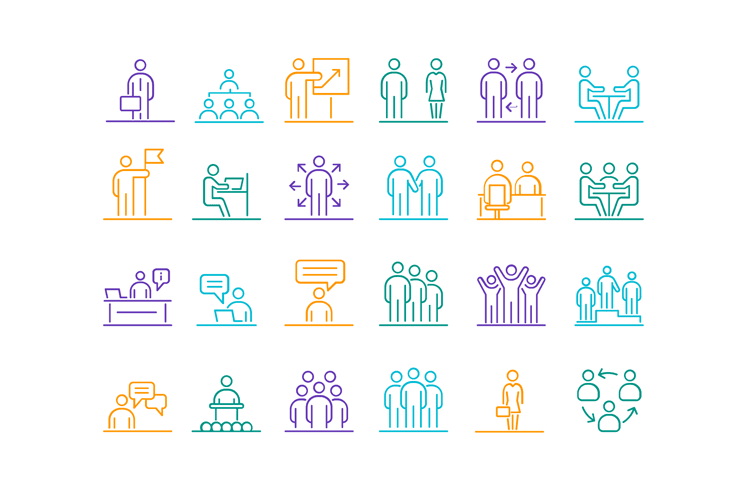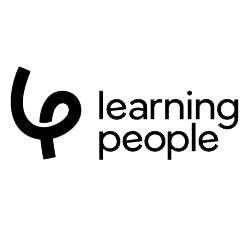How-To: Become a Group Interview Guru

So you’ve applied for a new job, and you hear that instead of the standard job interview, they’ve organised a group interview instead.
I can imagine many questions whirling through your mind, like what are group interviews? And how do I do well in them? Well, let’s ease those worries, and familiarise ourselves with what you will need to do.
What is a group interview?
A group interview is very similar to a regular job interview: the difference is that instead of it being one-on-one, there are multiple candidates being interviewed at the same time. Usually, there is one interviewer, but there are times when there are multiple ones, known as a panel. This often includes the manager and co-workers who work in the area you have applied for.
There are a few advantages to group interviews: employers are able to see how you work with other people, while also saving time and money.
What to expect in a group interview
You may feel intimidated and lost because of the other candidates, or that you don’t have the qualities to be a leader. I’ll admit, it can be a tricky situation if you’re not an assertive person, but there are a few things you can do to go that extra mile and really leave an impression on your interviewers.
-
Research the company
Not only will this help you answer the interviewer’s questions and understand your position in the team, but your knowledge of the company will also show your commitment.
-
Practice public speaking
Since you will most likely be presenting, it’s best to practice in front of your family and/or friends to get used to that idea.
-
Prepare some more
When you’re practicing your public speaking, you might as well write up some answers to the questions listed above. You should also come up with questions to ask your interviewer now.
-
Arrive early
This gives you the benefit of introducing yourself before anyone else. A common question people have is how early they should be for an interview. Around fifteen minutes should be enough time to gather your bearings and show your employer that you are punctual.
-
Thank your interviewer(s) for having you
This shows how considerate you are and leaves a good impression on the interviewers.
The key to doing well in a group interview is keeping a balance. You should be heard when you answer or ask questions, but you also need to show that you can listen to others. You should be able to figure out when to stand by your ideas and when to agree with others. This isn’t a time to meddle with extremes: being too quiet or overbearing isn’t going to get you anywhere. Your interviewers want to see if you can play a part in their team, so take a look at your strengths, and work out what will be helpful in a team environment.
General tips for group discussion and group interview tasks
You may feel intimidated and lost because of the other candidates, or that you don’t have the qualities to be a leader. I’ll admit, it can be a tricky situation if you’re not an assertive person, but there are a few things you can do to go that extra mile and really leave an impression on your interviewers.
-
Be cooperative
The whole point of a group interview is to show how well you work together with other people. If you make it all about you, then you will fail spectacularly.
-
Be supportive
Give out positive feedback to the other candidates when they talk about their ideas if you agree with them. Remember that you have to time this well, so you don’t interrupt them.
-
Keep your body language in check
Think about how you’re presenting yourself. Are you smiling and nodding when the other candidates are talking? Well, you should be, because that’s what people want to see.
-
Get to know your team members
When you’re working together, it’s best to understand the strength of the other candidates, and incorporate them into your project. Even little things like referring to people by name show leadership skills.
And that about does it! You’ve got all the information you need – go out there, prepare and have faith.


